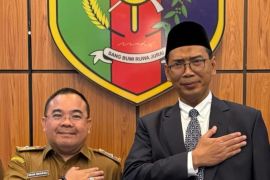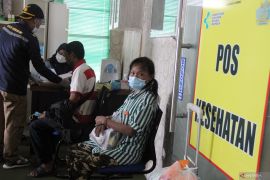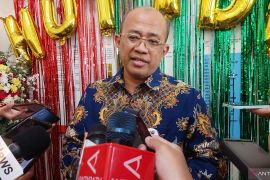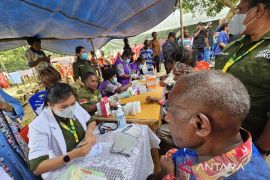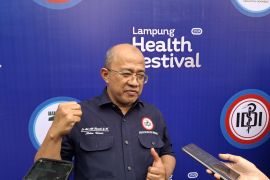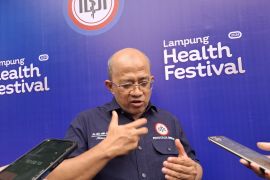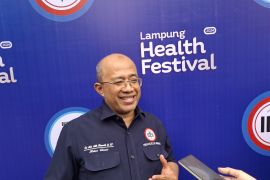
IDI members asked to help govt realize national health strategy: Adib Humaidi
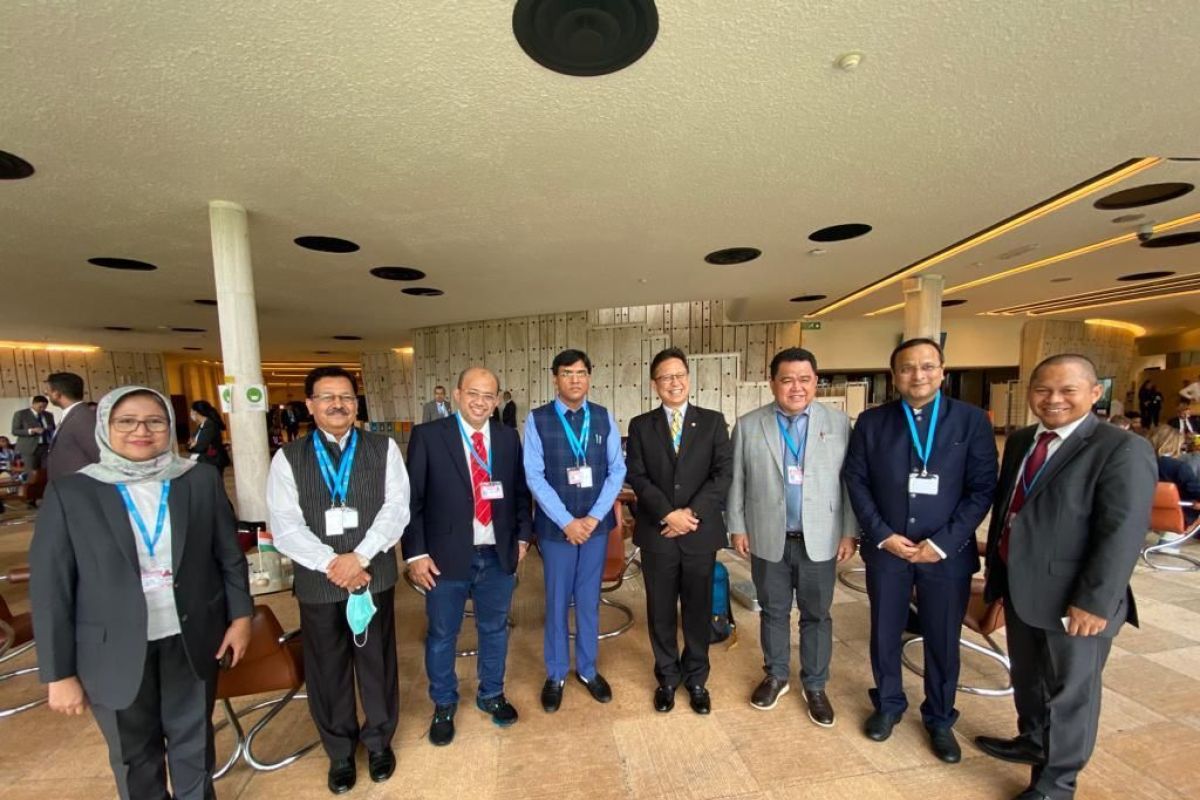
IDI is very proud and hopes that the Indonesian diaspora can contribute to the health development in Indonesia....
Jakarta (ANTARA) - Chairman of the Indonesian Medical Association (IDI), Dr. Moh. Adib Khumaidi, has said he hopes that IDI members will assist the government in realizing a national health strategy as part of efforts toward global health recovery.
He expressed the hope after attending the 75th annual World Health Assembly (WHA) meeting organized by the World Health Organization (WHO) in Geneva, Switzerland. He was part of the Indonesian delegation led by Health Minister Budi Gunadi Sadikin at the meeting.
Khumaidi said that IDI's involvement in the 75th WHA could help the organization exchange views on strategies for improving health services and systems with other delegates.
In addition to attending the WHA session with other Indonesian leaders and delegates from May 22–28, 2022, Khumaidi also met with the Indonesian diaspora working in the health sector.
"IDI is very proud and hopes that the Indonesian diaspora can contribute to the health development in Indonesia, especially in the development of human resources for doctors in Indonesia, increase international relations knowledge, and open international health networks," he said in a written statement received here on Saturday.
At the 75th WHA session, the delegates, including Indonesian delegates, made a number of strategic agreements.
They included adopting an updated WHO global strategy for food safety to strengthen national food safety systems.
Next, the session discussed an action plan to effectively implement a global strategy to reduce harmful alcohol use and the adoption of a Working for Health Action Plan, which would regulate priority policies to rapidly increase workforce capacity.
Other agreements that were approved at the session included a global strategy for oral health, new recommendations for the prevention and management of obesity, and a new global action plan for improving the lives of people with neurological disorders.
The session also agreed on recommendations for strengthening the design and implementation of policies to prevent and manage non-communicable diseases in humanitarian emergencies.
Pewarta : Prisca Triferna V, Resinta S
Editor:
Budisantoso Budiman
COPYRIGHT © ANTARA 2026

